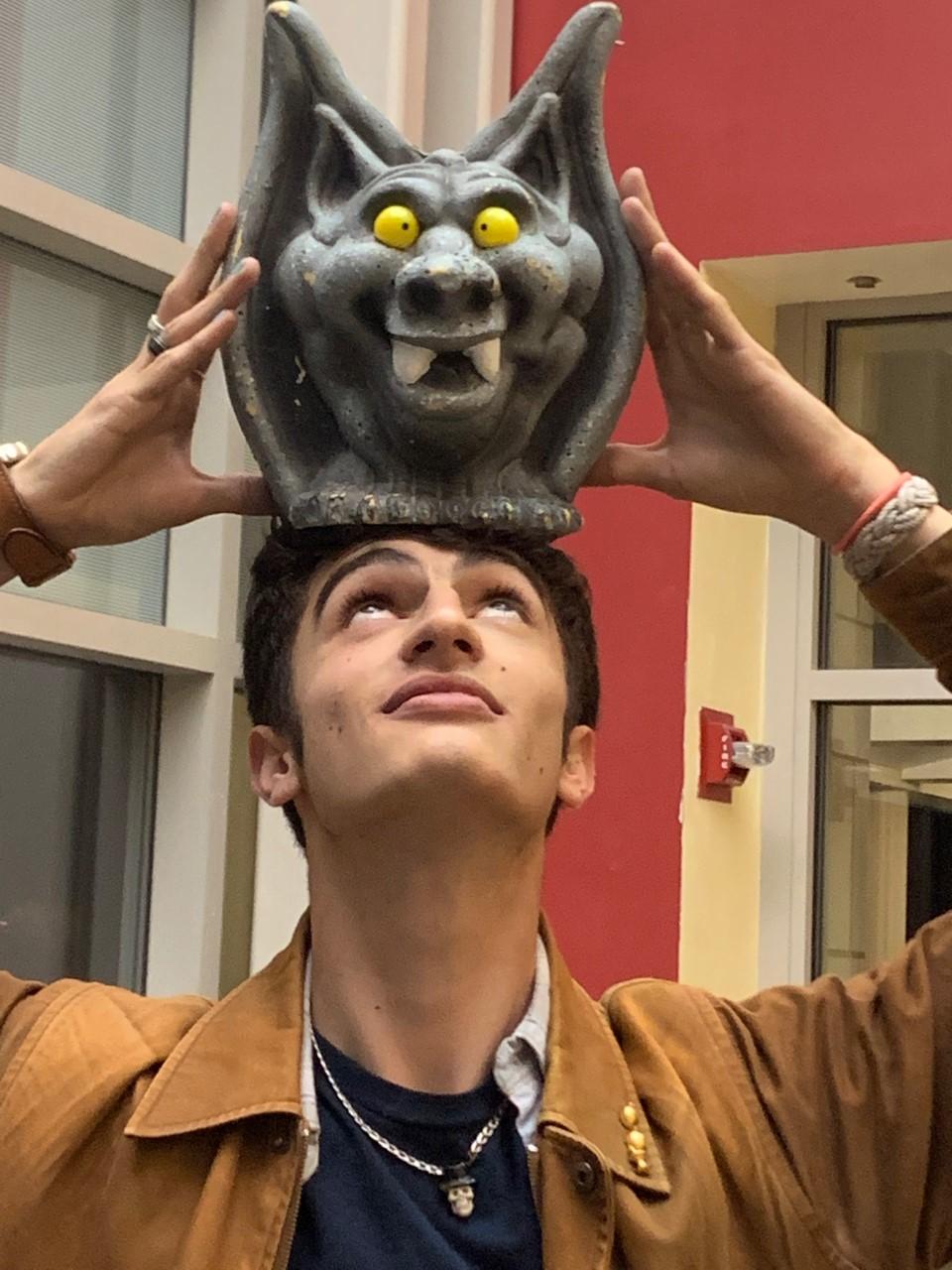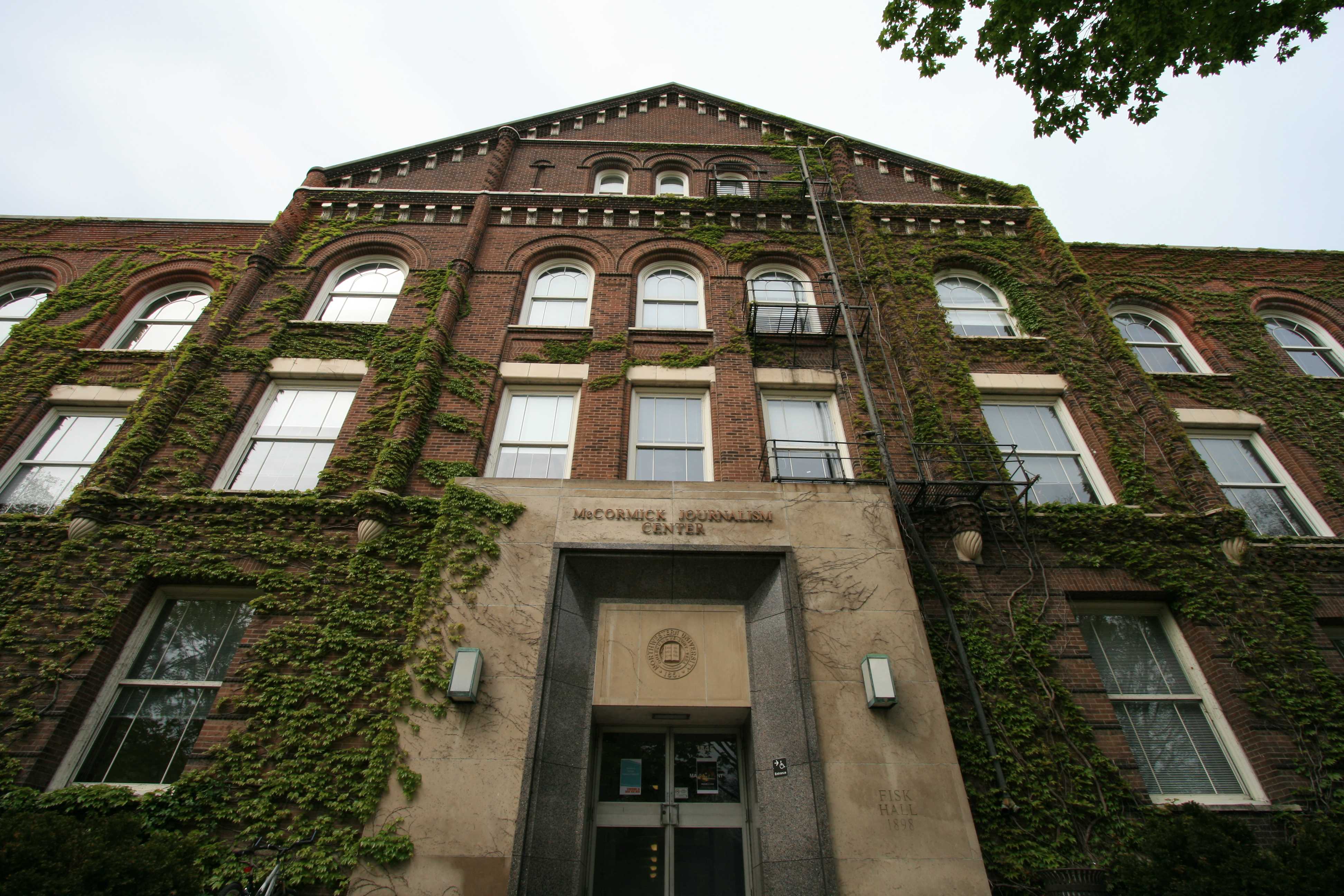
Over the past two weeks, a national debate on student journalism’s role in college communities has been snowballing over a Northwestern photographer’s decision to take down a photo of a student protestor getting arrested at a Jeff Sessions speech. For those who haven’t been following the story, I’ll give a quick recap below and then talk a bit about why I think the debate at large is problematic.
Here’s a rough timeline of events: student protests occurred outside of Jeff Sessions’ event at Northwestern University. Some of these students were detained, and a photographer working for The Daily Northwestern (the university’s student-run paper) took photos of the protests and posted them online. One of the protestors called him out for it on Twitter, saying that the photo was “trauma porn” and that it was unnecessary to shove a camera into the fray.
The student photographer apologized, took down the photo, and that weekend the editor-in-chief of The Daily Northwestern published an official apology for the coverage (signed by several other editors) and stated that it was invasive and that the paper failed in its duty to ensure that students felt safe.
The letter, in turn, sparked a national debate in which professional journalists heavily criticized the response’s choice to favor the requests of the protestors over the neutral, unbiased stance that should be associated with the Fourth Estate. Even the Dean of Northwestern’s school of journalism, media and marketing issued an official statement defending the paper for covering the event.
There’s a lot of nuance I’m not doing justice to here, including aspects of the debate that revolve around race, power dynamics within the college hierarchy, and comparisons to other publications. I encourage you to do more research if the story interests you: it’s a long and fascinating road down the past few weeks.
So here’s the thing: I don’t think the photograph should have been taken down. The protest was public. It made a public statement in a public space. It’s part of a journalist’s job to take photos in public spaces and to reach out for interviews. If the event that’s happening is violent or traumatic or otherwise severe, I would argue it’s all the more important to document in an unbiased manner.
I want to point out that it is the responsibility of the press to expose people to emotionally brutal content as neutrally and with as little bias as possible. In order to do that, they have to be careful of censorship. Because that’s essentially what we’re talking about: someone had a photo taken of them for a publication and they thought that the coverage was unethical and therefore should be deleted. But that’s not how reporting works. If newspapers avoided sensitive material, the public would have a terrifyingly distorted view of some of the most significant atrocities that are happening right now. If papers couldn’t accurately and neutrally cover police brutality, for example, it would be far harder to keep cops in check (which is already proving to be difficult).
I’m not sold, though, on the idea that newspapers should operate without empathy. You can hold a neutral stance and still be empathetic, so why do so many journalists see them as mutually exclusive?
Should the photograph of the protestor have been taken down? Absolutely not. It’s the duty of the press to publish it. But were the editors of The Daily Northwestern wrong in that they considered the safety of the students of the university? I don’t think so. Journalism can be a cold, cold practice, but it doesn’t have to be. There are safer ways to deal with sensitive subject matter than to just throw it up on Twitter without warning.
I’m not saying that every article published should be vetted by the people it discusses; that’s a gross violation of journalistic ethics. But maybe articles that deal with disturbing subject matter should at the very least have content warnings. Maybe the editors or the journalist should reach out to the subject and forewarn them. As long as they don’t alter the content itself, I don’t think that would be too much of an overstep on the part of the publication, and it might do a lot of good.
The Scarlet & Black hasn’t had a whole lot of opportunities to cover material like what I’ve been talking about yet this year, but it’s not really out of the question. Controversy happens at Grinnell, and students are pretty vocal about it. I just hope that if and when the time comes for our school’s paper to cover something that has the potential to hurt someone, they work to approach it with empathy as best they can. But at the end of the day, the most important thing is maintaining an ethical, unbiased journalistic stance. The minute content is altered, the conversation changes.
I don’t want to have to write another version of this piece that’s about our own paper. I think we can be better than that.























































